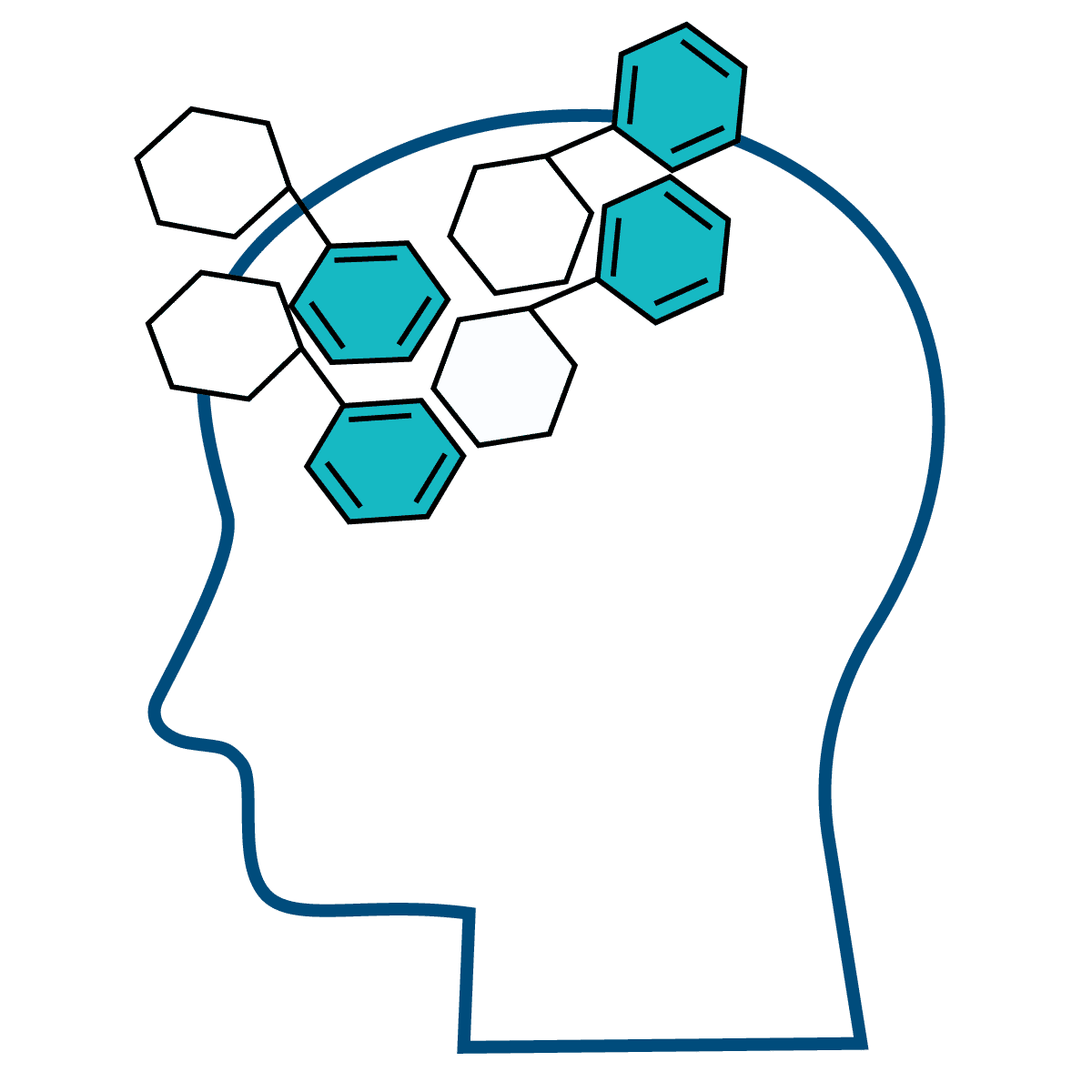4 Common Types of Depression

It is estimated that 280 million people in the world are diagnosed with depression. Depression is a mental illness that decreases a patient’s mood and is accompanied by other symptoms such as loss of concentration, feelings of excessive guilt, and hopelessness.
Psychotherapy and antidepressants are traditionally used to treat depression, but over the last 20 years research has shown that ketamine therapy is also an effective treatment in patients who have been diagnosed. Four forms of depression that have responded well to ketamine treatments are bipolar disorder, seasonal affective disorder, persistent depressive disorder, and postpartum depression.
Ketamine Wellness Infusions PA offers ketamine therapy to patients experiencing depression in the Philadelphia area. If you’ve been diagnosed with any of the below depressive disorders, contact our team of professionals to see if ketamine therapy can help.
Bipolar Disorder
Bipolar disorder is a major depressive disorder that causes a drastic change in energy, mood, and activity levels. Patients diagnosed with bipolar disorder exhibit periods of depression followed by mania.
Symptoms of depressive episodes are prolonged periods of deep sadness, hopelessness, and worry. Patients may also experience other symptoms such as:
- Lack of sleep
- Sleeping too much
- Increased appetite and weight gain
- Trouble concentrating
- Talking slowly
- Withdraw
- Little interest in activities
After a depressive episode patients experience a period of mania. Common symptoms of manic episodes are heightened energy levels, euphoria, and increased distraction. Patients may experience other symptoms such as:
- Increased self-esteem
- Feeling well-rested after little or no sleep
- Impulsive behaviors
- Fidgeting and pacing
- Delusions
- Hallucinations
- Loss of appetite
- Racing thoughts
- Talking quickly about different topics in short periods
Seasonal Affective Disorder (SAD)
Patients diagnosed with seasonal affective disorder (SAD) experience symptoms of depression,
weight gain, and tiredness during the winter months. Some patients may experience SAD during the summer and spring months, but this is less common.
Five percent of people in the United States experience SAD starting as young adults. A milder version of SAD called the winter blues is seen in a higher number of Americans in northern regions of the country.
Common symptoms of SAD are extreme fatigue and lack of energy, irritability, sadness, and anxiety. Other symptoms include:
- Weight gain
- Feelings of hopelessness
- Trouble concentrating
- Withdrawing from social activities
- Trouble sleeping
- Episodes of violent behavior
- Restlessness
Persistent Depression Disorder
Persistent depressive disorder is a type of depression that affects patients for two or more years.
Symptoms of this disorder are not as severe as other types of depression but are extensive and long-lasting. Like all major depressive disorders, patients experience feelings of sadness, fatigue, and changes in appetite.
Other symptoms of persistent depressive disorder include:
- Irritability
- Low self-esteem
- Feelings of hopelessness
- Feelings of guilt
- Lack of energy
- Trouble concentrating
Postpartum Depression
The “baby blues” also known as postpartum depression affects 10-20% of new mothers and 10% of new fathers during the postpartum period. Symptoms continue for a year or more after childbirth.
Patients diagnosed with postpartum depression have a hard time bonding with their babies.
Feelings of irritability, anxiousness, sadness, and anger are common. Other symptoms include:
- Excessive crying
- Irregular sleep patterns
- Exhaustion
- Unexplainable aches and pains
- Loss of control
- Mood swings
- Feeling disconnected from your baby
- Loss of concentration
How Ketamine Treats Different Types of Depression
Fatigue, sadness, and mood swings are all common symptoms of depression. Ketamine therapy works with neurotransmitters in the brain to increase glutamate levels heightening a patient’s mood and decreasing symptoms of anxiety and depression. It also works by improving energy levels and coping mechanisms.
Unlike antidepressants and psychotherapy, patients tend to see a decrease in symptoms within 1-2 treatments. The duration of ketamine treatments varies between 1-6 months.
Schedule Your Consultation
Ketamine Wellness Infusions PA offers ketamine treatment for those suffering from depression and major depressive disorders in the Philadelphia area. We work with your healthcare provider to ensure a positive outcome for treatment.
Contact our team of professionals to schedule your consultation. We’re looking forward to helping you achieve better days ahead.
